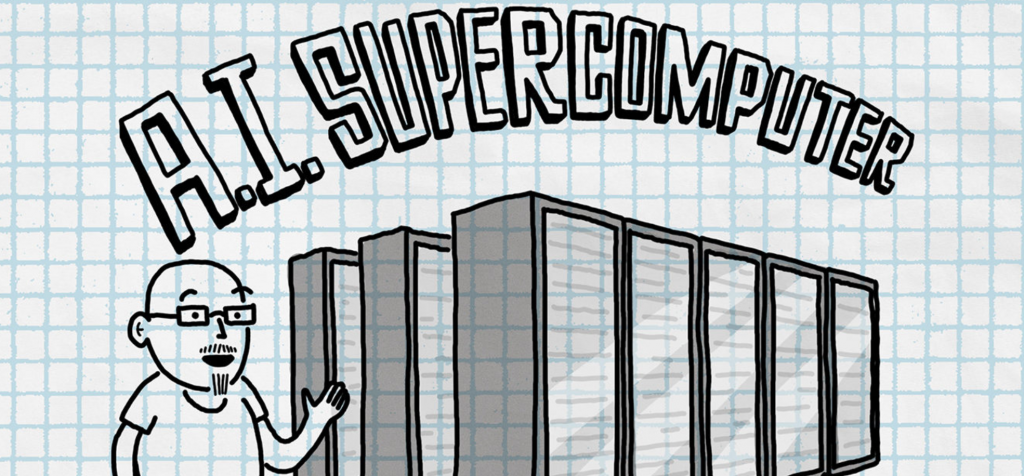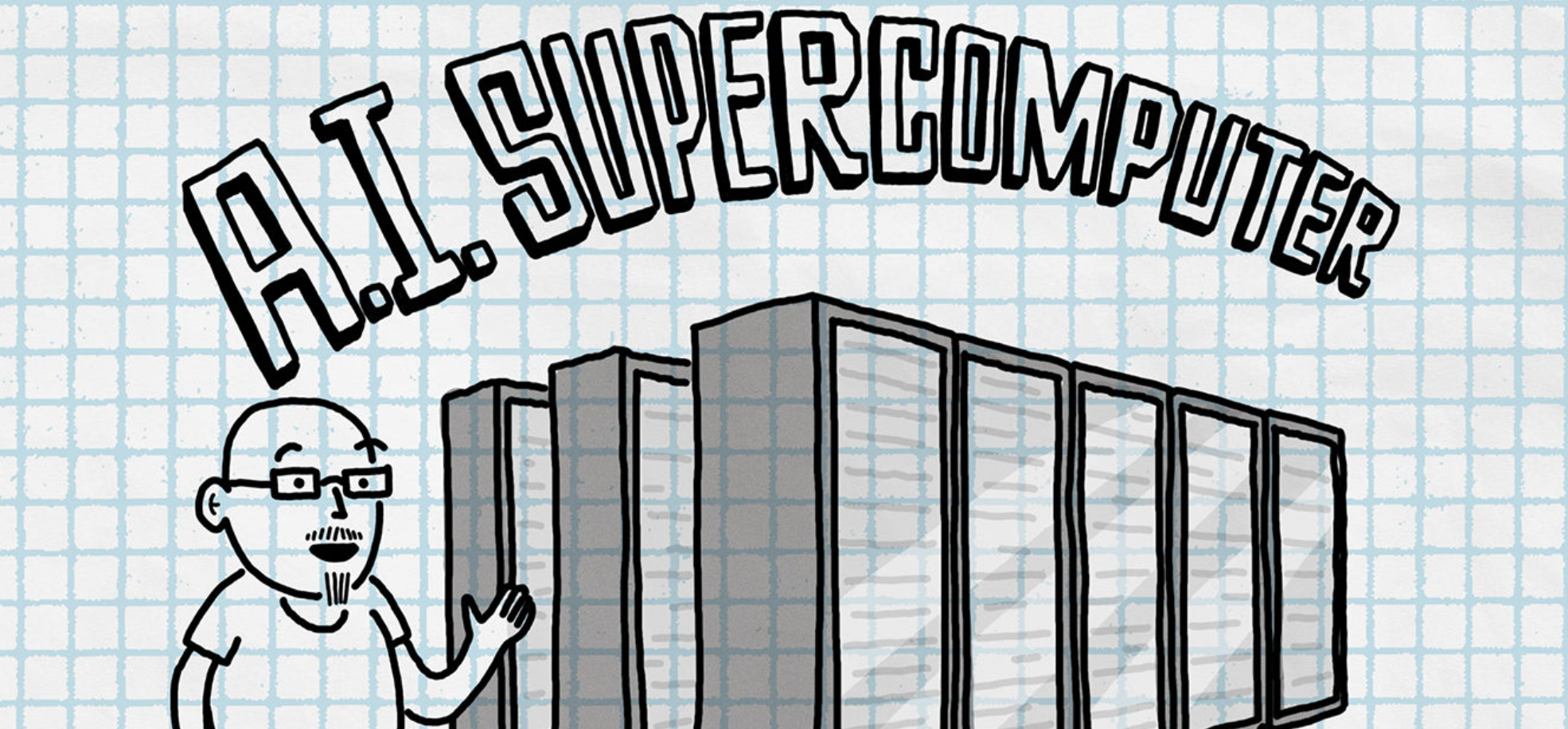
Leveraging its new supercomputer, which is hosted on the Azure cloud, Microsoft will develop AI products with its exclusive GPT-3 license. (Source: Microsoft)
Microsoft’s $1B Stake Leads to Control of GPT-3 Language Model
When Microsoft bought into GPT-3 as a billion-dollar investor in July of 2019, it was inevitable that the company would have a role in using the highly advanced language processing AI platform, which relies on the largest number of algorithmic parameters compiled in history at 175 billion.
Now in September, slightly more than a scant three months after its public debut for research, GPT-3 has been licensed solely to Microsoft by the company OpenAI. Microsoft plans to take advantage of the platform through access to the underlying code. It will be the only licensee, according to MIT’s technologyreview.com. Microsoft announced in July 2020 that it had built one of the five publicly known most advanced supercomputers in the world to run GPT-3.
Kevin Scott, Executive VP/CTO of Microsoft, wrote on Microsoft’s blog that this is the company’s opportunity to make its mark in the AI arena.
“OpenAI will continue to offer GPT-3 and other powerful models via its own Azure-hosted API, launched in June,” Scott wrote. “While we’ll be hard at work utilizing the capabilities of GPT-3 in our own products, services and experiences to benefit our customers, we’ll also continue to work with OpenAI to keep looking forward: leveraging and democratizing the power of their cutting-edge AI research as they continue on their mission to build safe artificial general intelligence.”
This will give Microsoft a major boost as the controlling partner to develop products using GPT-3. Michael Spencer, who writes the blog The Last Futurist: Artificial Intelligence of Everything, said the company has leveraged its stake to push ahead of its competitors the AI sector, but worries about the lack of ethical boundaries the company has yet to establish in helping OpenAI work towards developing general intelligence.
“Microsoft recognizes the enormous scope of commercial and creative potential that can be unlocked through the GPT-3 model, with genuinely novel capabilities—most of which we haven’t even imagined yet,” Spencer writes. “Yet it fails to mention any of the dangers in what that technology could become. In an age where companies call data the new oil and AI the ‘invention of fire’ moment in a technological society, I think we need to imagine how this technology will actually be used. We should not simply glorify the business aspects and praise AI blindly.”
Microsoft didn’t jump in with both feet to advance GPT-3 on its own—OpenAI sought to monetize the model so that it could continue its research, Technology Review reported.
“Indeed, in the months following the Microsoft investment, OpenAI CEO Sam Altman’s internal messaging began emphasizing the need to commercialize its technologies in order to continue supporting its work. The latest news now solidifies OpenAI’s transformation. GPT-3 likely won’t be the only model it will exclusively license to Microsoft—it’s only the first.”
According to a report in theverge.com, this did not set well with some ethicists who are concerned about the power of the new technology. Microsoft’s announcement has, “inspired vigorous debate around the ethics of powerful AI programs that may be used for more nefarious purposes, with OpenAI initially refusing to publish research about the model for fear it would be misused.”
While the United States has yet to set any guidelines or establish ethical standards for AI, many in the technology field find the lack of self-regulation concerning. Spencer of lastfuturist.com writes:
“When you say you have exclusive rights on a groundbreaking technology, that just a few years ago was considered too dangerous to be released, you aren’t just raising eyebrows. You are participating in an AI-arms race that could end very badly. Clearly, Microsoft plans to leverage the capabilities of GPT-3 in its own products, services and experiences and to continue to work with OpenAI to commercialize the firm’s AI research.”
A story on Geekwire.com presenting reactions in the tech community made it clear that many approve, but at least one expert was dismayed by Microsoft’s control of such a powerful AI language generator.
“OpenAI should be renamed ClosedAI — for all intents and purposes they are a for-profit company,” said Oren Etzioni, CEO of the Allen Institute for Artificial Intelligence (AI2).
Elon Musk, a former partner in OpenAI, said he is developing the Neuralink brain implant technology so that humans could keep up with AI once it becomes aware.
read more at geekwire.com








Leave A Comment